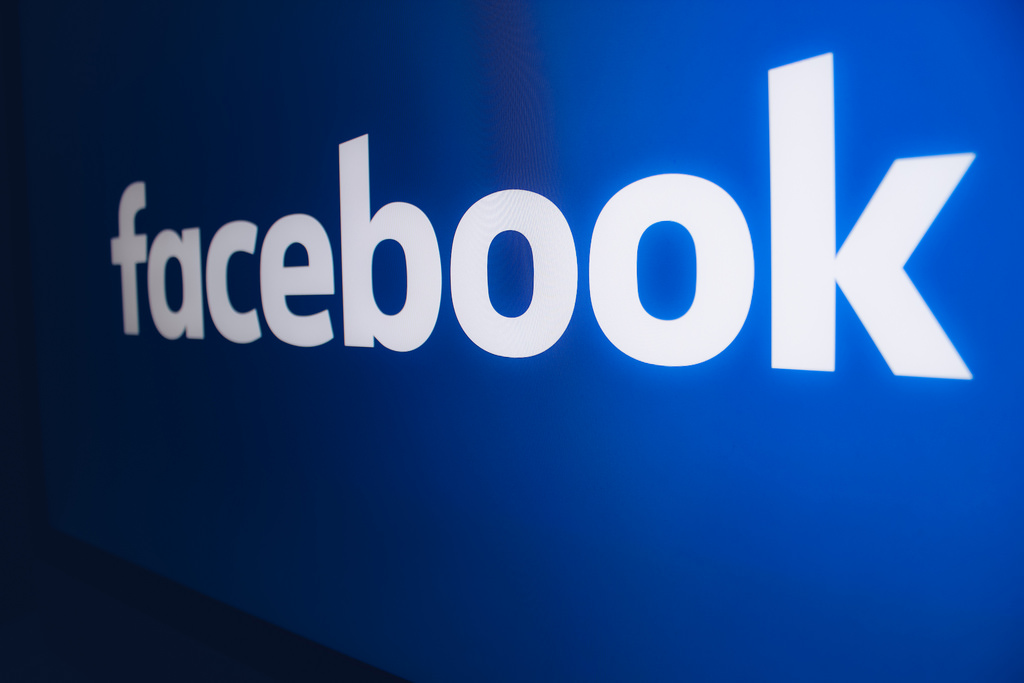What Google and Facebook Do on Internet Cables Between Asia and Africa

Google and Facebook have unveiled a plan for a submarine cable in Asia Pacific. Meanwhile, Facebook, together with a consortium of companies (including European and Chinese), announces the expansion of the Internet connectivity project for Africa. All the details
Google and Facebook unveiled plans to build a new undersea Internet cable that will connect Guam, Japan, the Philippines, Taiwan, Indonesia and Singapore on Monday.
The name of the project is Apricot (“Apricot”): it will be about 12 thousand kilometers long and will go into operation in 2024, once it has received the approval of the regulatory authorities.
THE FACEBOOK COMMENT
Nico Roehrich, Facebook's Asia-Pacific manager, said the project "will bring the much-needed Internet capacity, redundancy and reliability to expand connections in the Asia-Pacific region."
“The Apricot cable”, he continued, “is part of our ongoing commitment to expand the global network infrastructure and better serve the more than 3.5 billion people around the world who use our services every month”.
THE COMMENT OF GOOGLE
In recent months, Google and Facebook had announced another undersea Internet cable to connect the United States, Guam, Singapore and Indonesia. The name of the project is Echo.
Google Cloud Vice President Bikash Koley explained that the Echo and Apricot cables are "complementary subsea systems that will offer benefits with multiple routes in and out of Asia, including unique routes through South Asia, ensuring a significant degree of resilience. higher for Google Cloud and digital services ".
Koley added that the Echo and Apricot cables, "together, will provide companies and startups in Asia with less latency, greater bandwidth and increased resilience in their connections between Southeast Asia, North Asia and the United States."
THE STRATEGIC VALUE OF SUBMARINE CABLES
The submarine cables of the Internet are probably the most important and strategic connectivity infrastructures of our time: around 99 percent of the data exchanged on the Internet passes through them. This figure is enough to make it clear why the United States does not want to leave their installation in the hands of Chinese companies such as HMN Tech (formerly known as Huawei Marine Network).
In addition to the economic interests of Google and Facebook, in fact – which see submarine cables as the necessary tool for the expansion of their services in Asian markets – the projects linked to these infrastructures are always monitored with great attention by the American government.
In recent months, for example, Google and Facebook have definitively canceled plans for the development of a cable between California and Hong Kong: this has to do with pressure from Washington , which no longer considers Hong Kong a "safe haven for data" after the Chinese authorities secured greater control over the city-region.
Most recently, in June, the United States lobbied a group of Pacific island states to persuade them to abandon a project by China's HMN Tech for a submarine cable – called East Micronesia Cable – that would connect to Guam, US territory. which houses many military facilities.
THE FACEBOOK CABLE IN AFRICA
Also last Monday, Facebook and a group of telecommunications companies announced the expansion of the project for a submarine Internet cable in Africa, which will connect four other countries in addition to those planned: the Seychelles, the Comoros, Angola and Nigeria. south-east, where a landing point will be built. Only recently did the consortium announce the inclusion of the Canary Islands in the project.
The project, which is called 2Africa, will be the largest submarine cable in the world.
COMPANIES INVOLVED AND ESTIMATED TIMES
In addition to Facebook, 2Africa also includes the British Vodafone, the French Orange, the Saudi stc, the Egyptian Telecom Egypt and the Chinese China Mobile International.
The French Alcatel Submarine Networks is responsible for laying the new cable sections.
The 2Africa project will have 35 landing points in 26 different countries. The first cable segments are expected to be installed in 2022; the system will go into operation at the end of 2023.
ECONOMIC INTEREST FOR AFRICA
The economic interest in Africa is explained by the still low Internet penetration in the continent, despite the growth of both the population and the number of users on the net, favored – the latter – by the spread of smartphones at affordable prices.
Compared to the global average of 51 percent, the percentage of mobile internet users in Africa is 26 percent.
This is a machine translation from Italian language of a post published on Start Magazine at the URL https://www.startmag.it/innovazione/google-facebook-cavi-sottomarini-internet-apricot/ on Sun, 22 Aug 2021 05:59:54 +0000.
